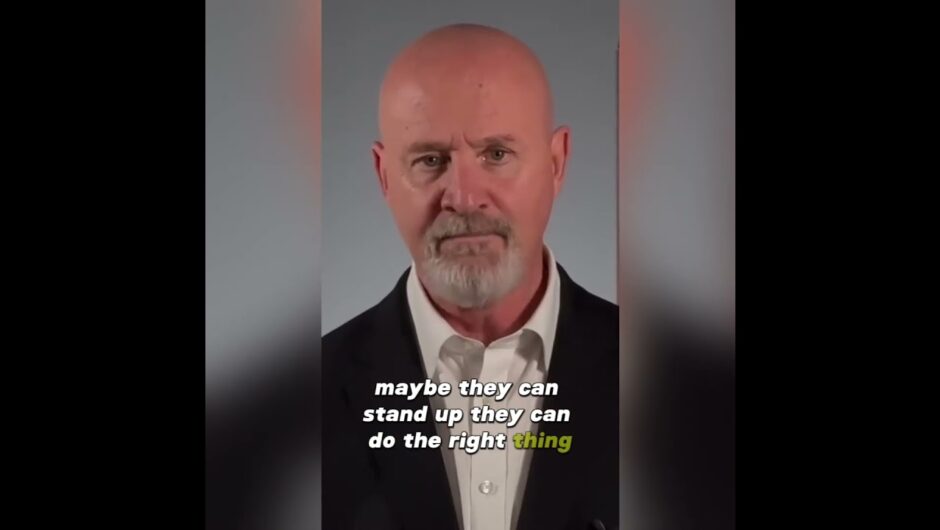Figures from the Federal Health department obtained by The Daily Telegraph have shown a rise in the number of prescriptions handed out for medical cannabis products.In October 2018, just 44 applications for CBD use, a derivative of the cannabis sativa plant, were approved under the Therapeutic Goods Authority. In September 2020, that had ballooned to a massive 1627 applications.
In the past two years, almost 20,000 applications for medical cannabis use have been approved nationwide, with NSW making up the second-highest state tally with 5140 applications behind Queensland at 7862. “We are getting a lot of doctors referring to specialist clinics. There is a slow movement towards that,” GP Dr David Feng said.“With opioids there are multiple downsides, including side effects like sedation, nausea, vomiting, and drowsiness. With medicinal cannabis, no matter the dose you give them, you can’t overdose to a lethal dose. You can’t kill someone, it just doesn’t happen.”
Should medical cannabis be more easily accessible in Australia?
The most common strains of medical cannabis are THC and CBD. THC is helpful for chronic pain, particularly nerve related pain, while CBD is a powerful anti-inflammatory.Dr Feng explained that most patients develop a tolerance for opioids, resulting in requiring progressively higher doses which can cause an overdose or toxicity, but the addictive profile of medical cannabis was much safer, and comparable to caffeine. “We have seen states overseas where there has been a legalisation of medical cannabis, a decline in opioid reliance,” he said.
CDA Health clinical director Dr Ben Jansen is an authorised prescriber of medical cannabis under the TGA and runs medical cannabis access clinics across the country. He said the medical community was increasingly becoming more accepting of medical cannabis: “There has been quite a big uptake of doctors prescribing it.” Medical cannabis provider Spectrum Therapeutics chief medical officer Dr Mark Ware said patients often led the dialogue on treatment.“When we consider the impacts of opioid misuse and abuse which have been shown through the opioid overdose crisis, it’s our responsibility to explore the full potential of other treatment options,” he said. “Credit needs to go to patients who first advanced this dialogue around its potential for substitution and the reduction of their opioid use.”
One such patient is Freemans Reach man Mathew Sieders who raised the topic of medical cannabis with his GP in a bid to avoid using opioids for a workplace injury after previously getting addicted to Tramadol. “I injured my lower back … (and) I ended up on Tramadol again,” he said. “I talked to my doctor and said I really don’t want to get on that. I discovered medical marijuana and that it could reduce opioid usage. With medical cannabis I was able to cut down my opioid usage pretty quickly.”
Source link






